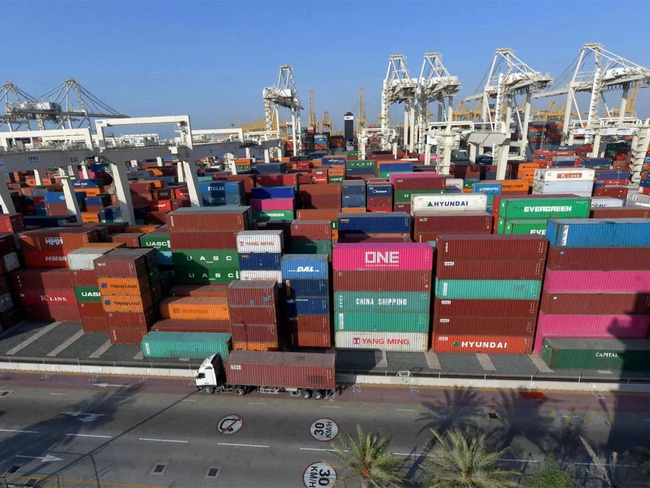War shocks ripple across one of the world’s busiest trade lanes
Singapore
Price:
Check with Seller

More Details
- Ad ID #00031690
- Views 284
- Contact Person Ngulminthang Lhanghal
- Contact Number 54795416
- Added on March 02, 2022
- Last Updated 4 years ago
- Location: Singapore
- Price: Check with Seller
- https://ngulminthanglhangh.wixsite.com/ngulminthanglhanghal/post/war-shocks-ripple-across-one-of-the-world-s-busiest-trade-lanes
Description
Importers from London to Warsaw will soon face higher shipping costs, longer delays and an obstacle course of sanctions to navigate as Russia’s widening assault on Ukraine complicates the movement of cargo between Europe and Asia.
President Vladimir Putin’s invasion, and retaliatory steps designed to paralyze the Russian economy, are heaping new disruptions on supply chains that never recovered from unprecedented shocks caused by the pandemic. Beyond the devastating human toll, the war threatens higher costs for fuel, grain, industrial metals, and other raw materials used in Asian-made consumer goods headed for Europe and beyond.
Mediterranean Shipping Co. and A.P. Moller-Maersk A/S, the world’s biggest container carriers, on Tuesday halted bookings for Russian freight, with Maersk seeing “ripple effects” and “significant delays” across the region. Not a good signal for European economies already facing energy spikes, product shortages, clogged ports and the highest inflation since the inception of the common currency more than two decades ago.
“There is still substantial disruption in the supply chain,” said Jennifer Hillman, a Georgetown University professor and a former U.S. trade official. “There is an effort to build resilience but that will take time. With Russia invading Ukraine, we don’t have time.”
Ngulminthang Lhanghal
Total 19 Ads Posted
See all ads
Contact details
416XXXXXXX
Reveal
Add to Favorite
Report

Leave a Reply
Your email address will not be published. Required fields are marked *